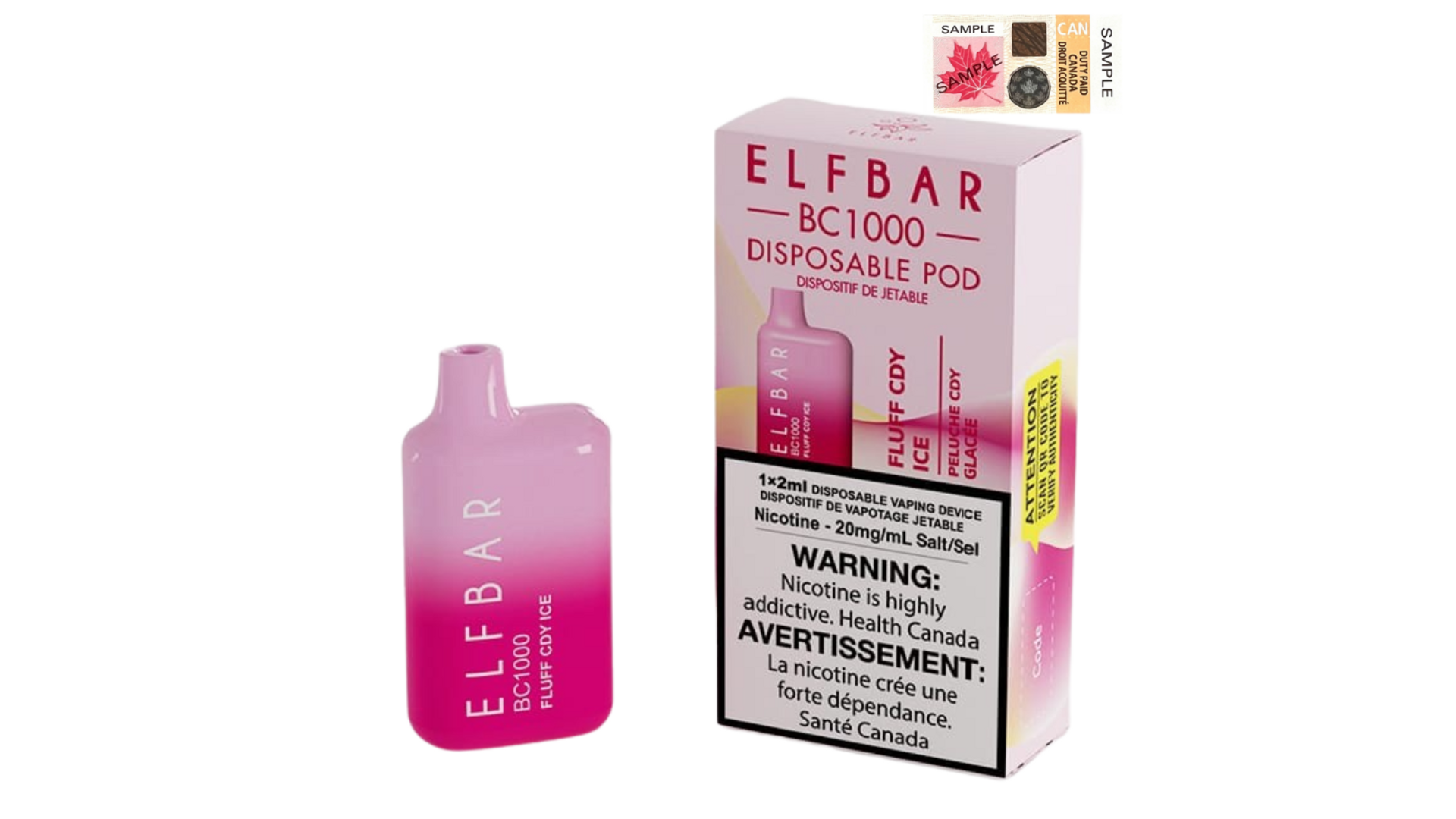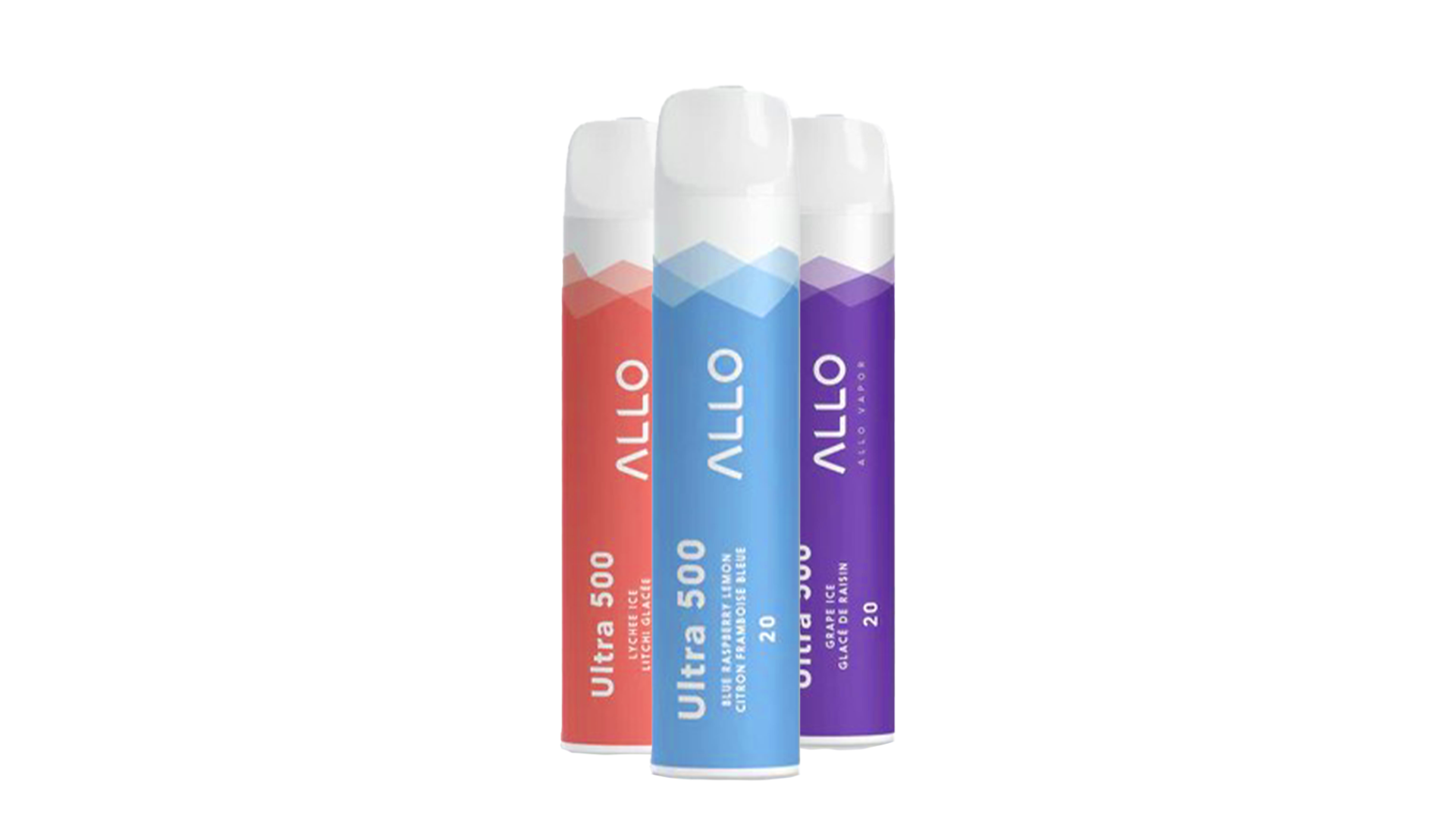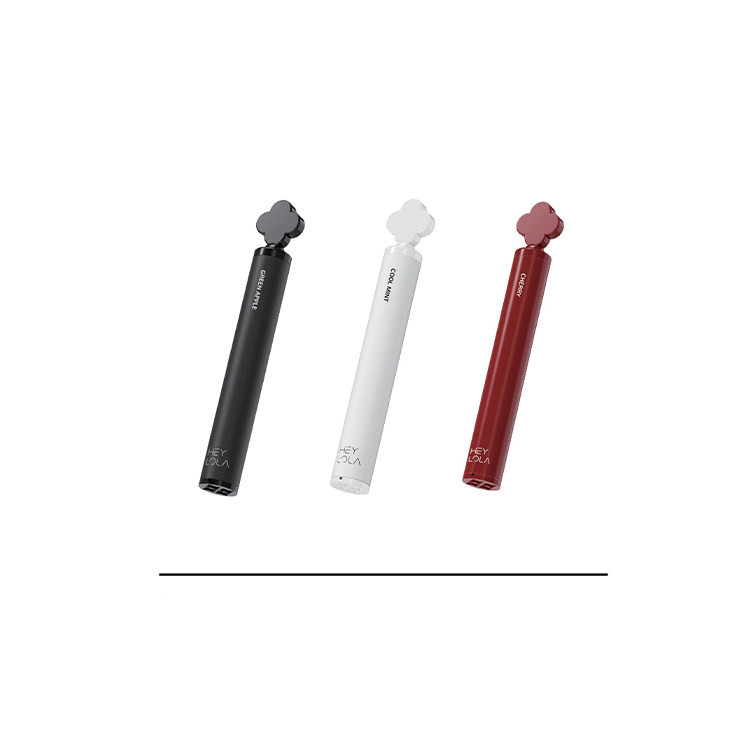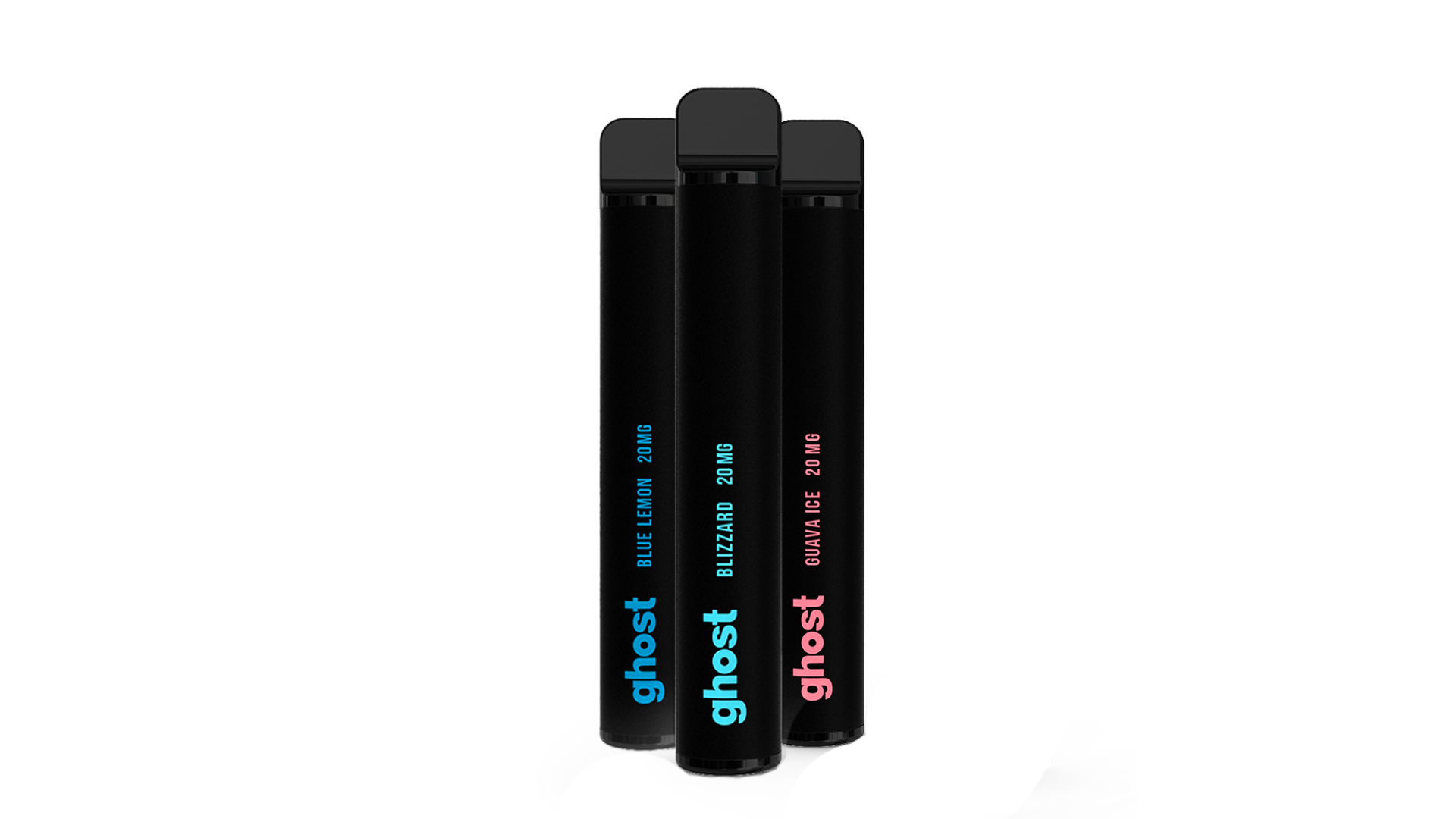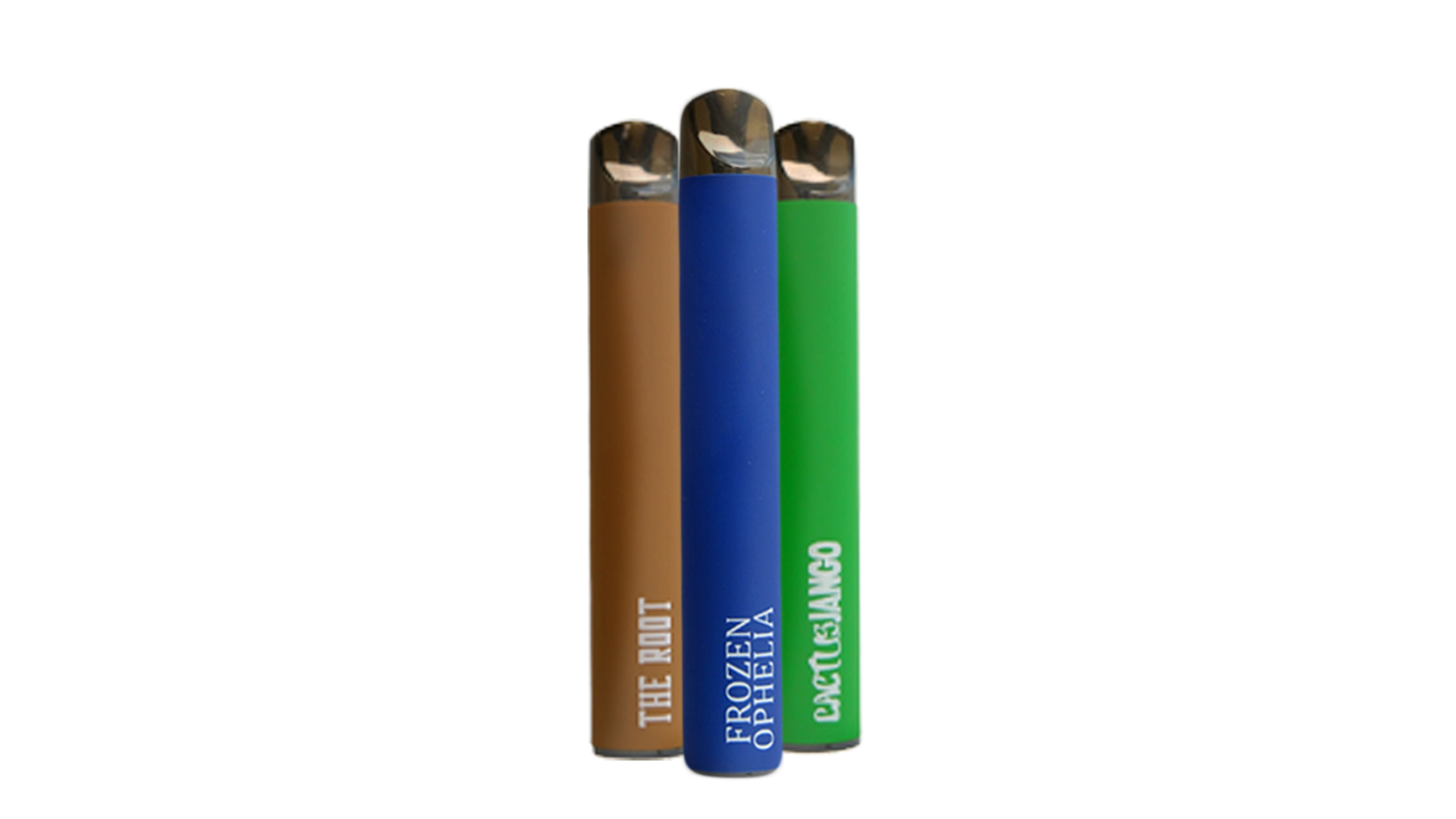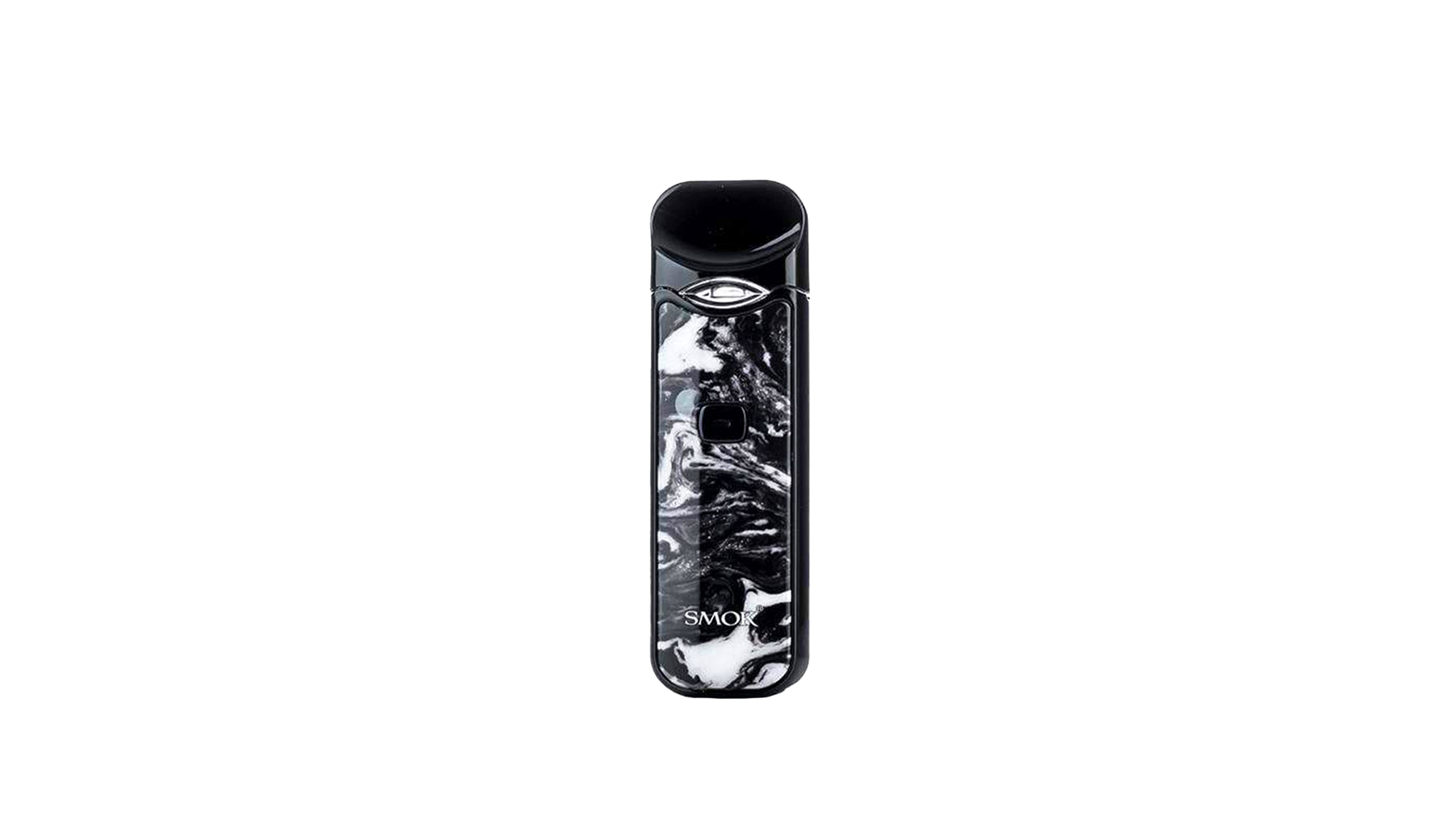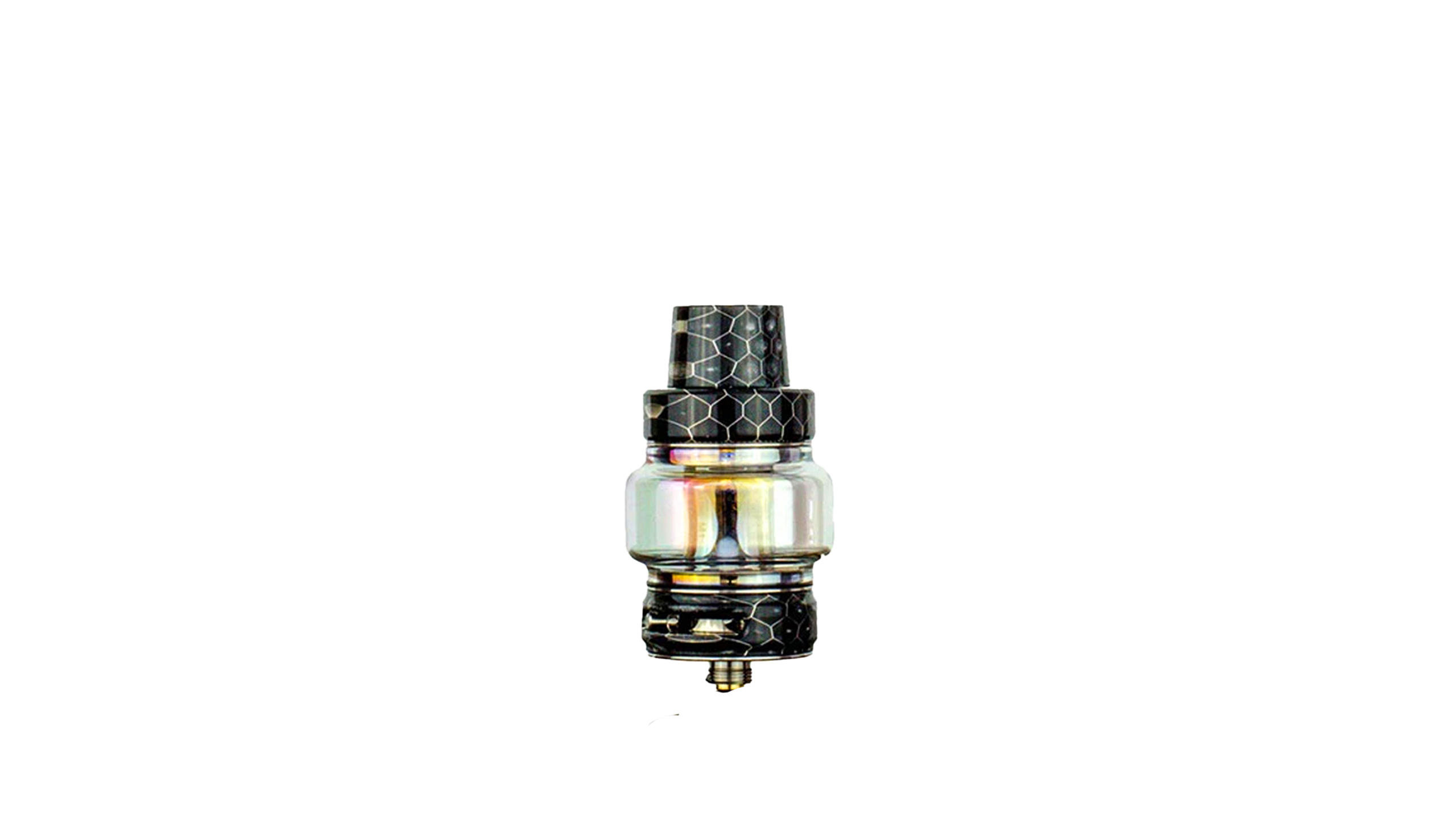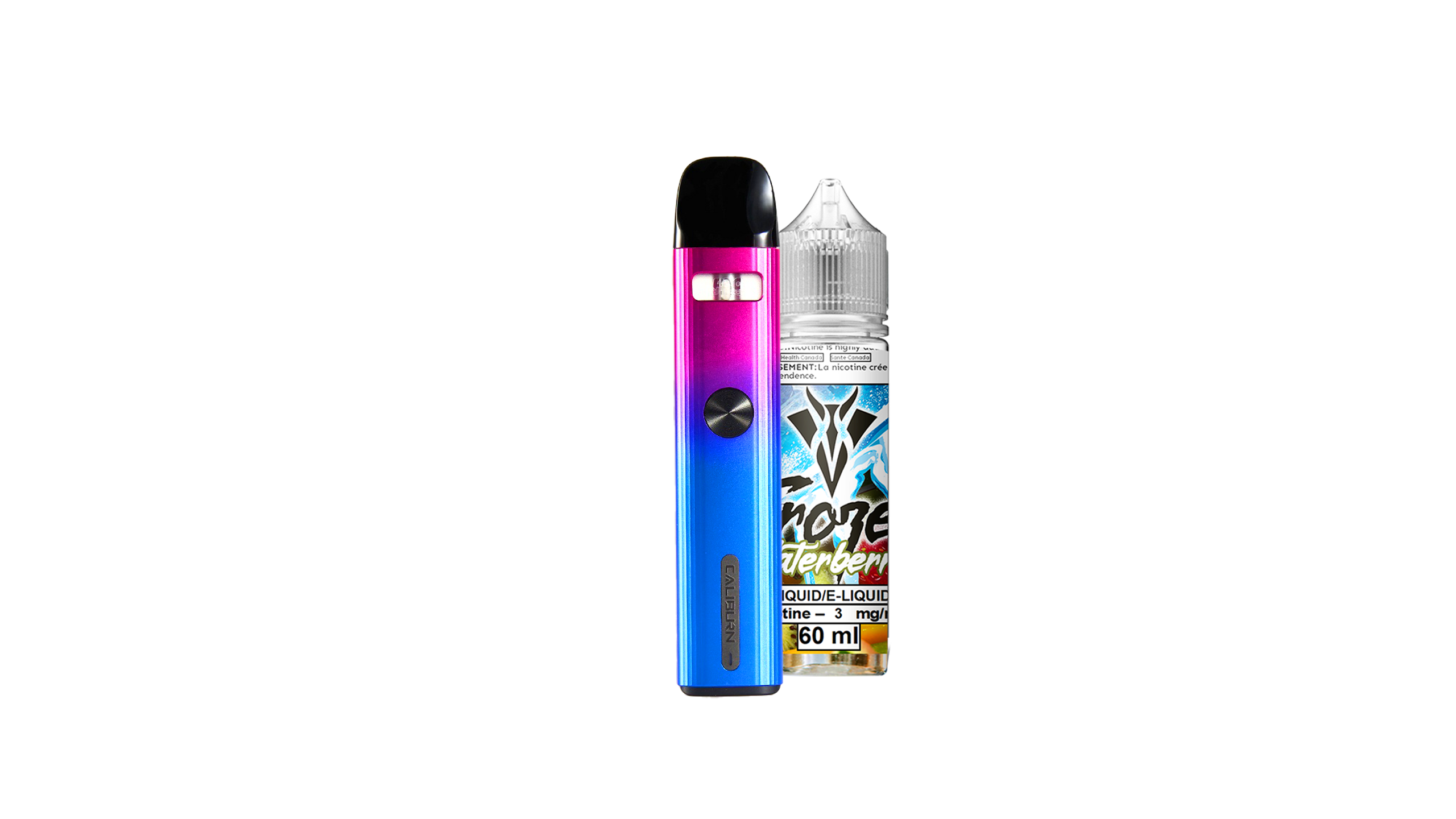The FDA To Further Increase Regulations
Earlier this year, the Food and Drug Administration began rolling out new regulations for electronic cigarettes, changing the ways they can be sold and advertised.
These regulations intend “to protect youth by restricting their access to tobacco products,” according to an FDA release. Some, however, are concerned about the impacts these regulations could have on the industry.
As of now, vape shops can no longer claim that vaping is safer than other tobacco products, which has been a main selling point of e-cigarette products. Anyone who appears to be under the age of 27 must provide identification and customers must be 18 at the time of the purchase.
Electronic cigarettes fall under the umbrella of what is considered smoking by NC State, and smoking is prohibited within 25 feet of all university buildings.
According to the FDA, e-cigarette use among high school students has increased from 1.5 percent in 2011 to 16 percent in 2016. Previously, no law prevented sale of e-cigarettes to consumers under 18. By regulating these products, the FDA hopes to decrease use, especially among youth.
Furthermore, employees cannot assemble or modify customer’s products before a purchase, as this would make the employees tobacco manufacturers under the law.
Scheduled to take effect on Aug. 8, 2018, additional regulations will require electronic cigarette products to undergo the same rigorous testing and research as other tobacco products. This process, which costs millions of dollars and can take multiple years, would primarily affect manufactures of e-cigarette products.
“I think it’s more the FDA trying to regulate something they don’t have control over,” said Omar Syed, an employee at Good Guy Vapes on Hillsborough Street. “Vape products don’t have any tobacco in them, how can you call it a tobacco product?”
The use of e-cigarettes, an activity also known as “vaping,” has become increasingly popular among the general population as well as on college campuses. Many users of personal vaporizers and e-cigarettes can be seen on campus daily exhaling exorbitant amounts of scented vapor, called “clouds” by the vaping community.
“E-cigarettes should not be treated the same as tobacco in all situations,” said Logan Herman, a sophomore studying engineering. “From an economical standpoint, they should be treated different.”
Some companies are rushing to release new vape products before the new regulations regarding manufacturers go into place two years from now. By doing so, they will avoid the costly and lengthy testing the FDA requires with the new laws.
With a testing process that could cost millions, it may become difficult for smaller e-cigarette manufacturers to afford to put new products through the testing process after the new regulations have been put into effect.
“Chain stores have a lot more of a financial backing that they can maybe weather the storm,” Syed said. “A small mom and pop shop, they’re living basically month to month.”
His employer, Good Guy Vapes, is a chain store with multiple locations throughout the United States.
There is also worry that current e-cigarette users may be pushed back to other tobacco products if the e-cigarette market slows down.
http://www.technicianonline.com/news/article_1cd36708-8079-11e6-ae75-2b1912114fd3.html







